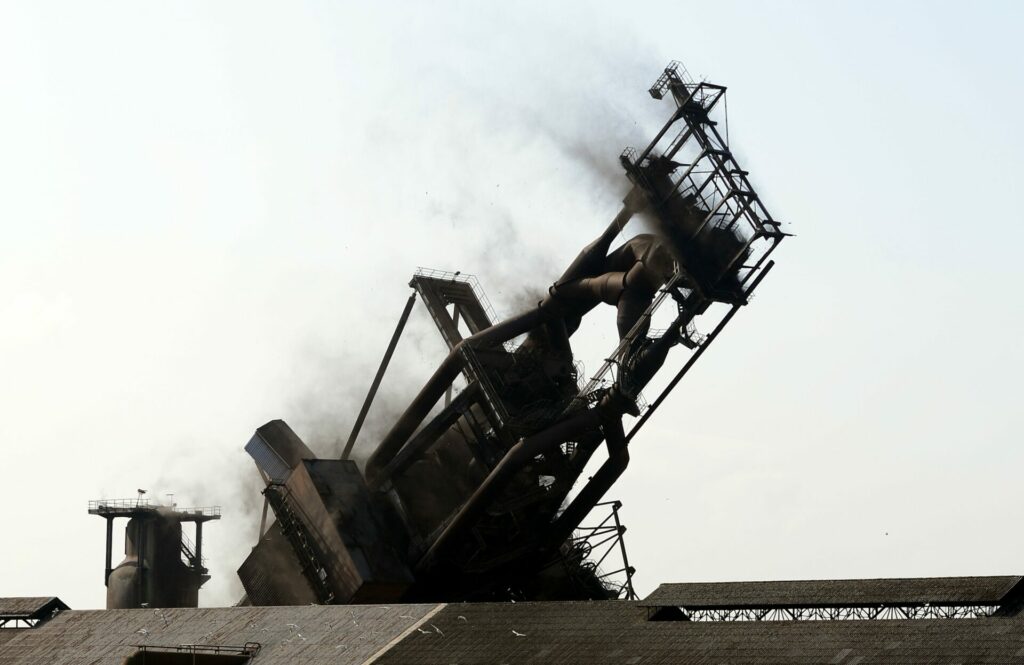The Belgian economy experienced modest growth in the first quarter of this year despite a worrying decline in industrial activity, a recent report has found.
According to a flash estimate published on Thursday by the National Bank of Belgium (NBB), Belgium's GDP grew 0.4% in the first quarter of this year — up from 0.1% in the previous quarter — while its industrial sector contracted 0.6% over the same period.
The NBB noted that Belgium's growth was primarily a consequence of upticks in the service (0.7%) and construction sectors (0.4%).
"This is a good figure, but we must beware of any euphoria, because we observe an important sectoral contrast," Senior Economist at ING Belgium Philippe Ledent told l'Echo.
He added: "Industry continues to suffer, due to competitiveness problems in particular. The services sector is driving growth because there is still a post-Covid catch-up effect at work. If the industrial sector does not improve, at some point, overall growth could slow down again."
Reasons for cautious optimism?
In its report, the NBB also noted that Belgium's GDP is now 1.2% greater compared to the first quarter of 2022. This suggests that the country's overall GDP growth this year could well surpass the 1% recently forecast by the Federal Planning Office.
In a further promising sign, the NBB flash estimate was published on the same day that Statbel, Belgium's official statistics office, reported that Belgium's inflation rate fell to 5.60% in April, down from 6.67% in March.
Statbel noted that the decrease was largely caused by declining energy prices, which in turn were primarily a consequence of Europe's unseasonably warm recent weather.
Related News
- A welcome decline: Inflation falls in Belgium
- 'A brightening horizon': Belgian economy to improve in 2023, study finds
However, as the International Energy Agency has previously pointed out, it is at best unclear whether low energy prices will persist for much of the rest of this year. In particular, the ongoing war in Ukraine and general political tensions between Russia and the West could well lead to Russia further cutting its energy exports to Europe in the near future.
Moreover, China's relaxation of its stringent 'zero-Covid' policies is likely to lead to an even greater demand for liquefied natural gas (LNG), thereby further increasing gas prices at a time when global supply remains limited.

